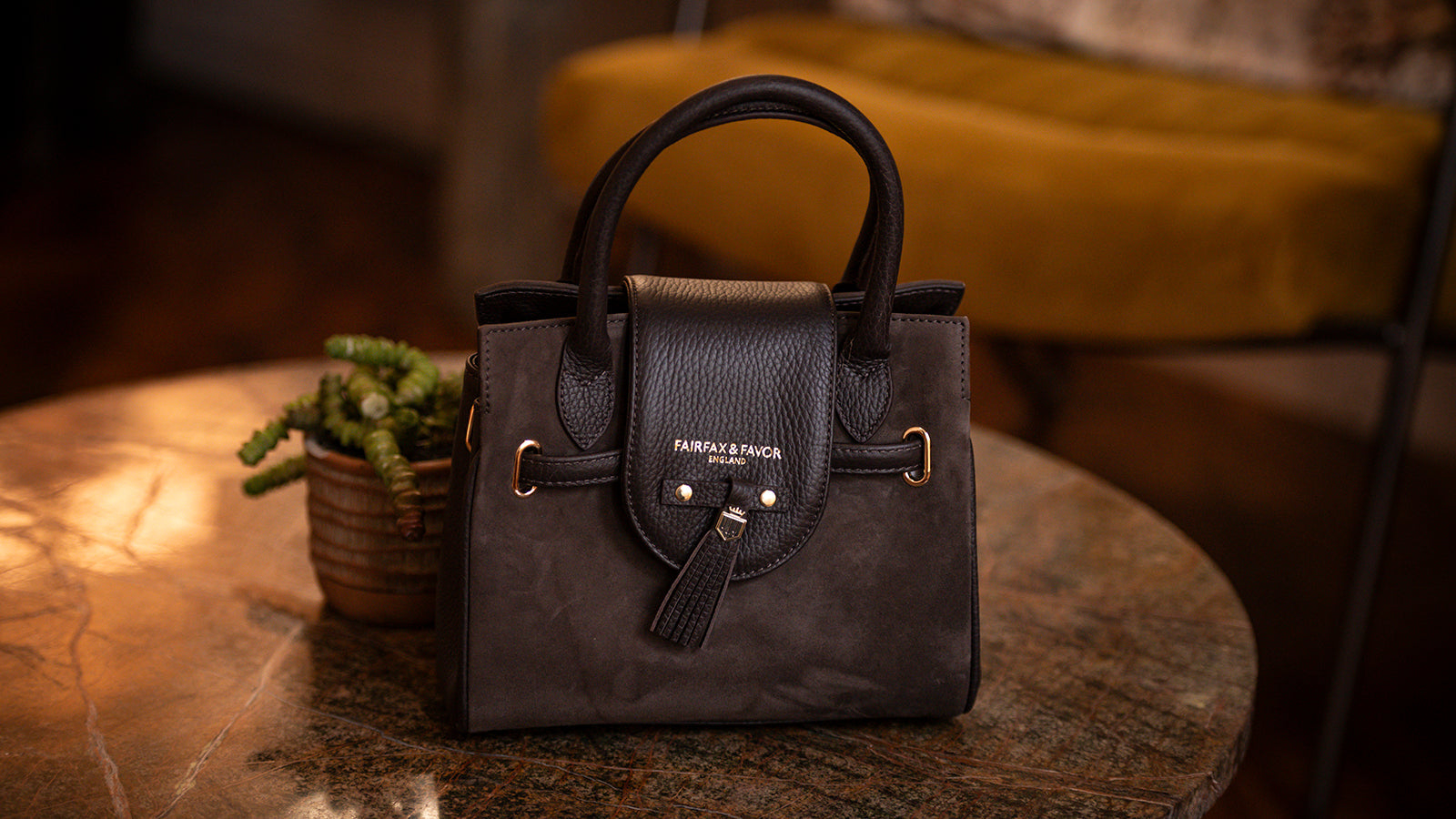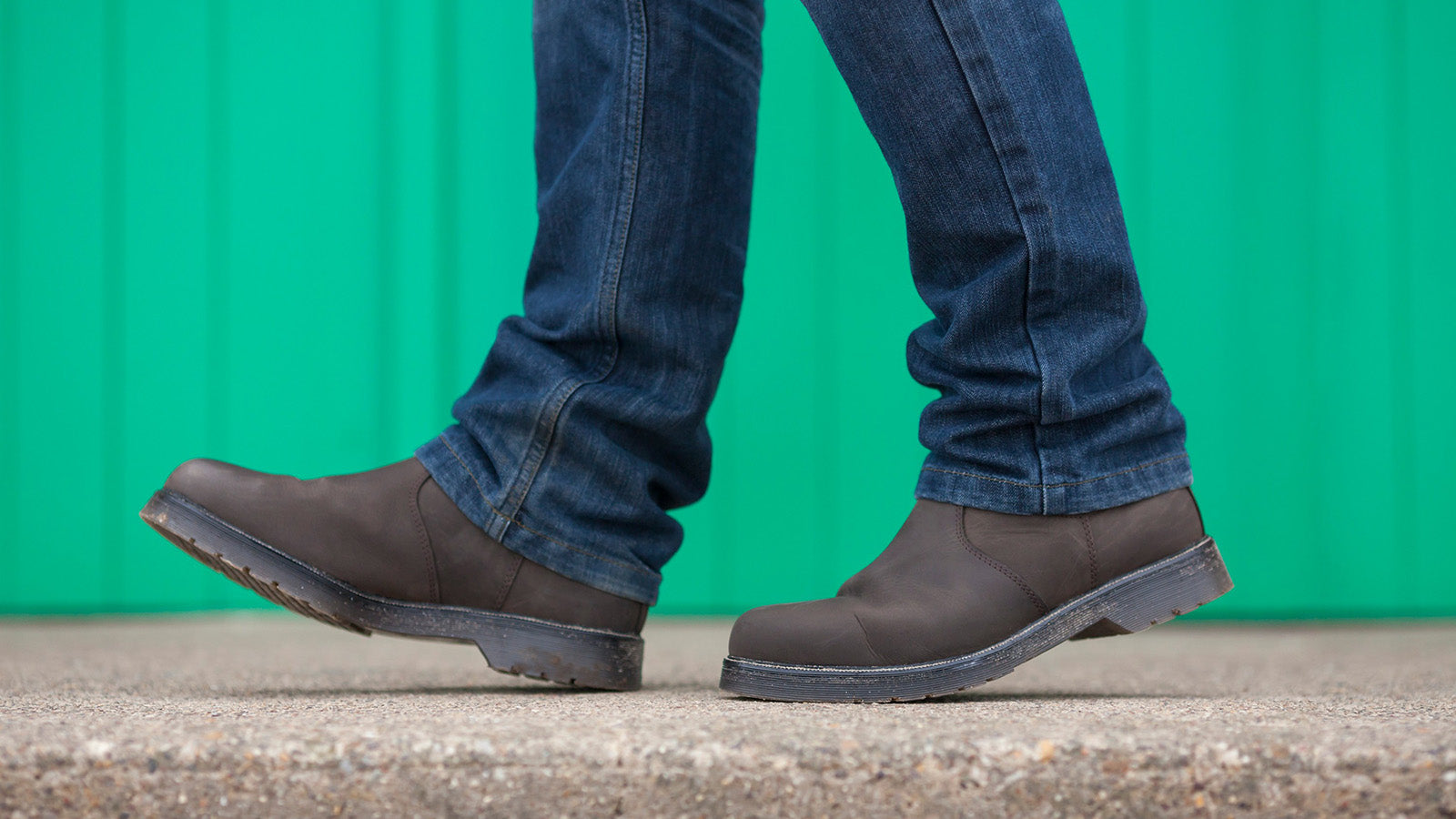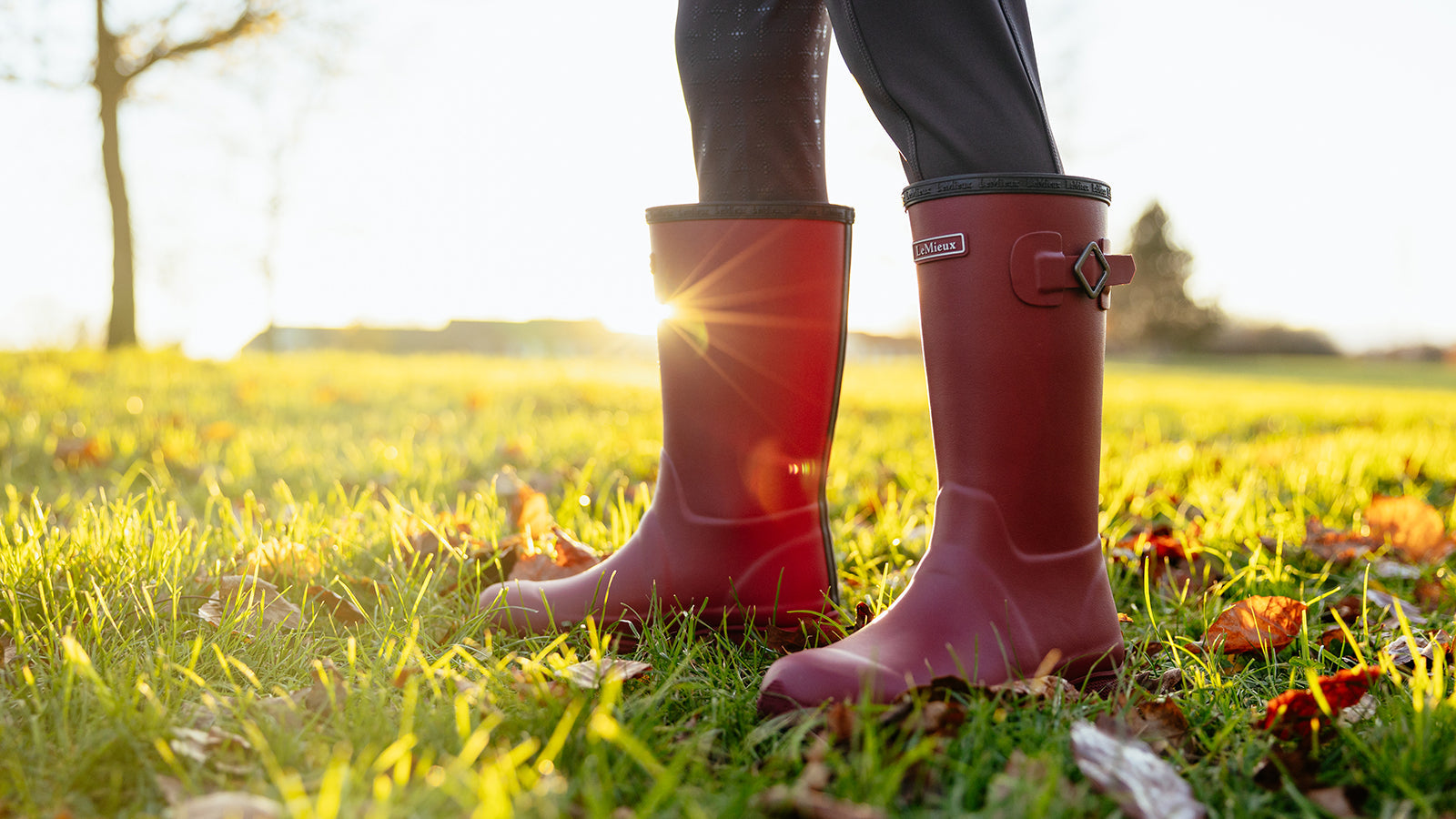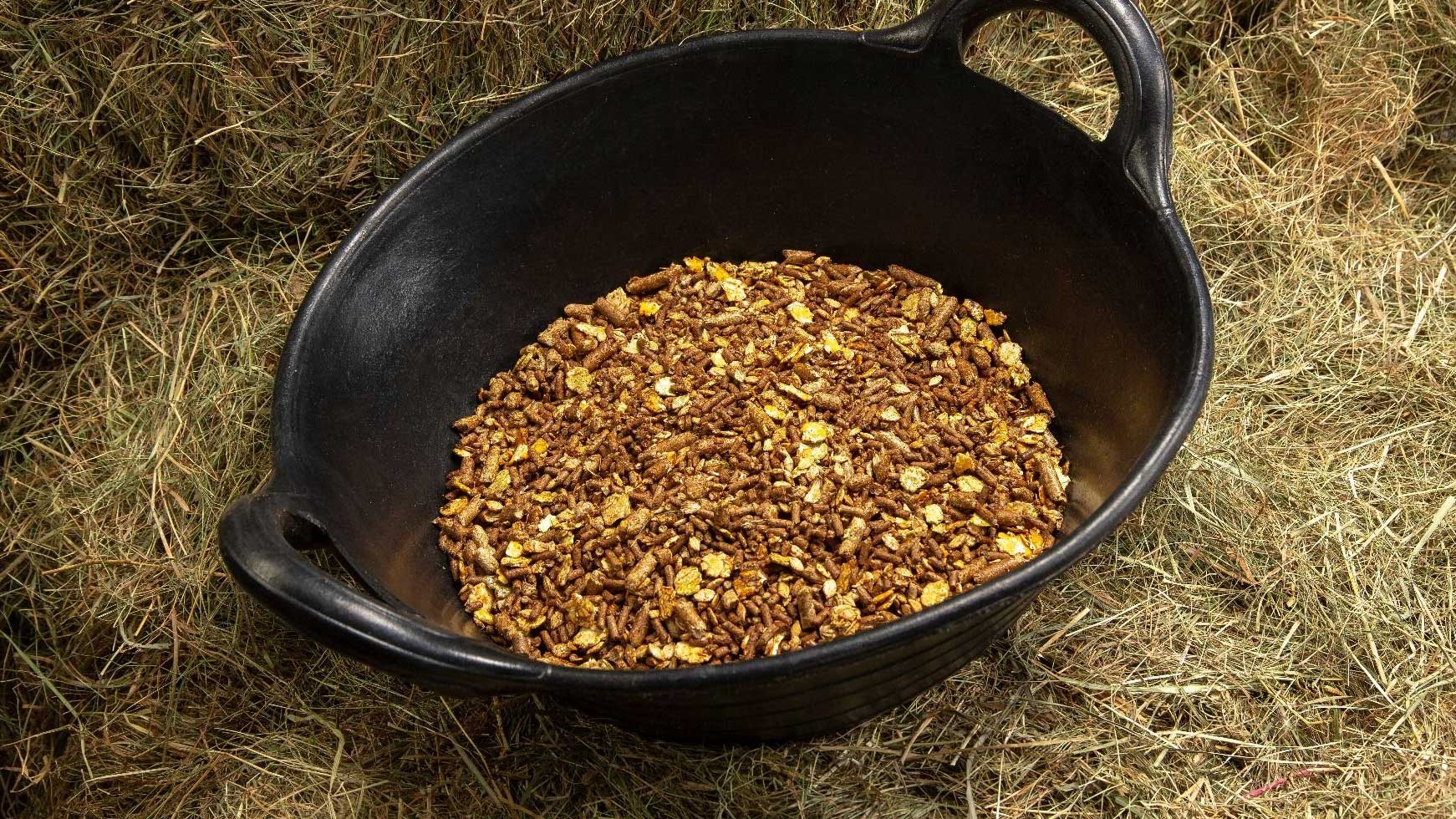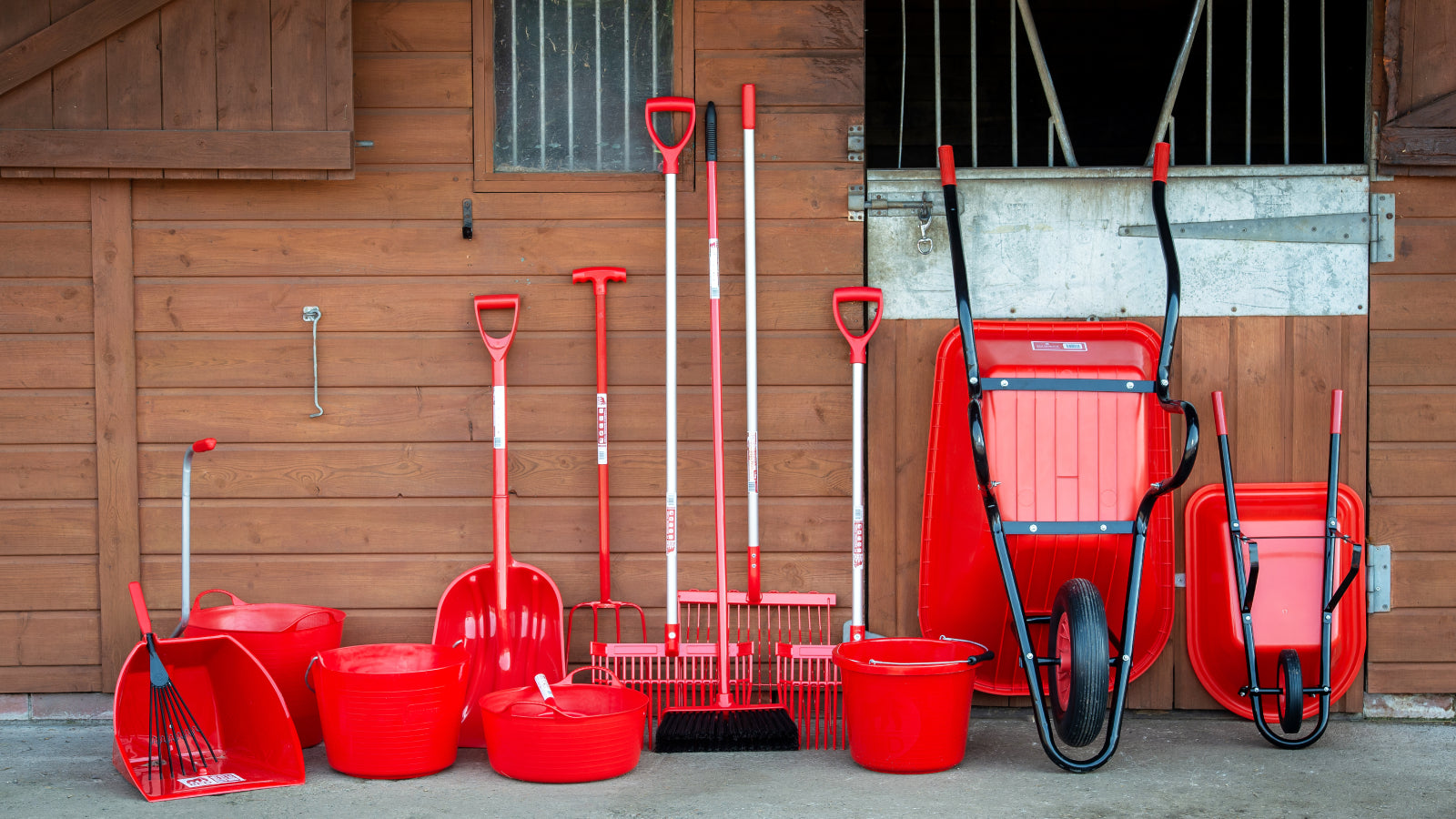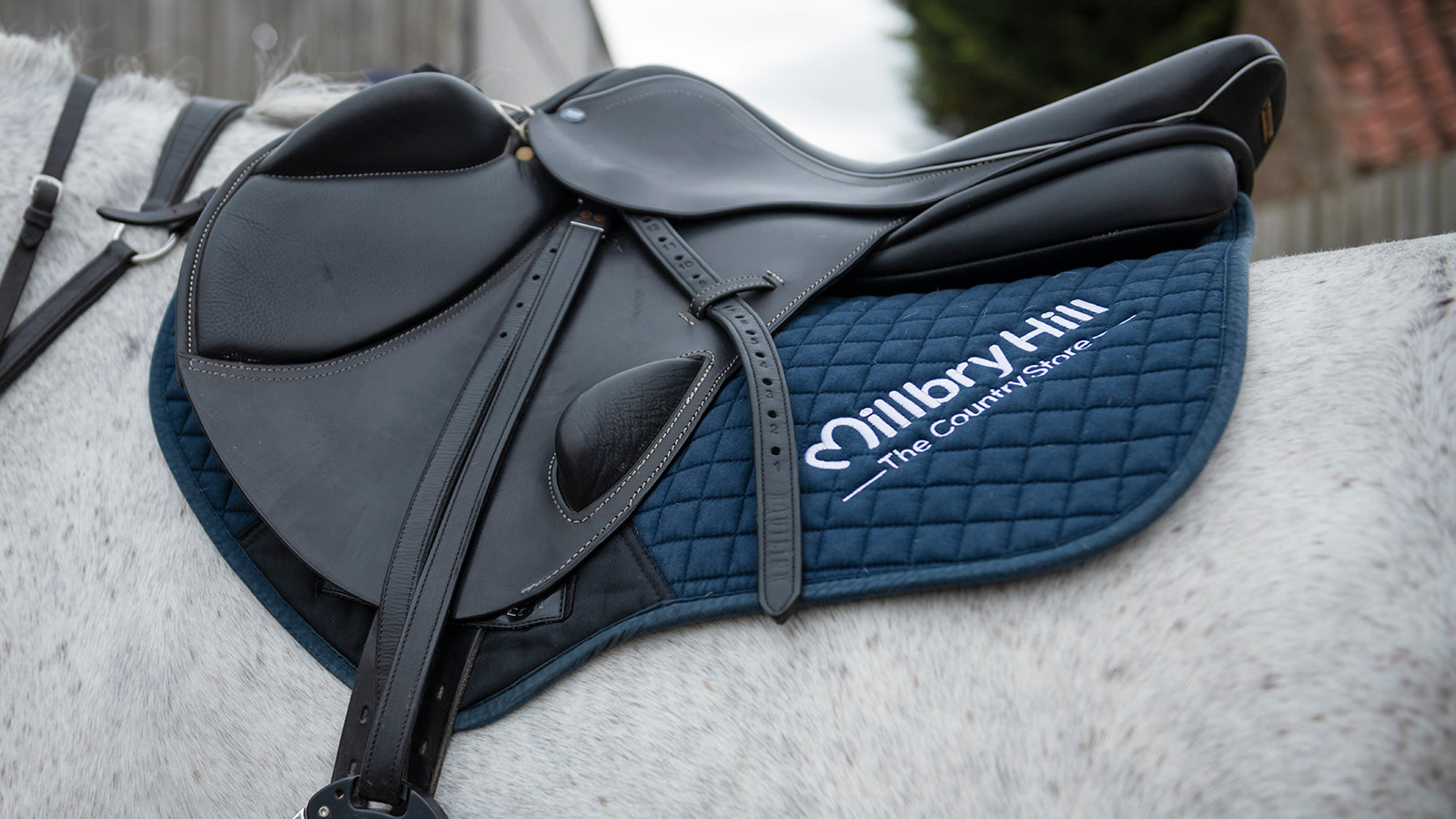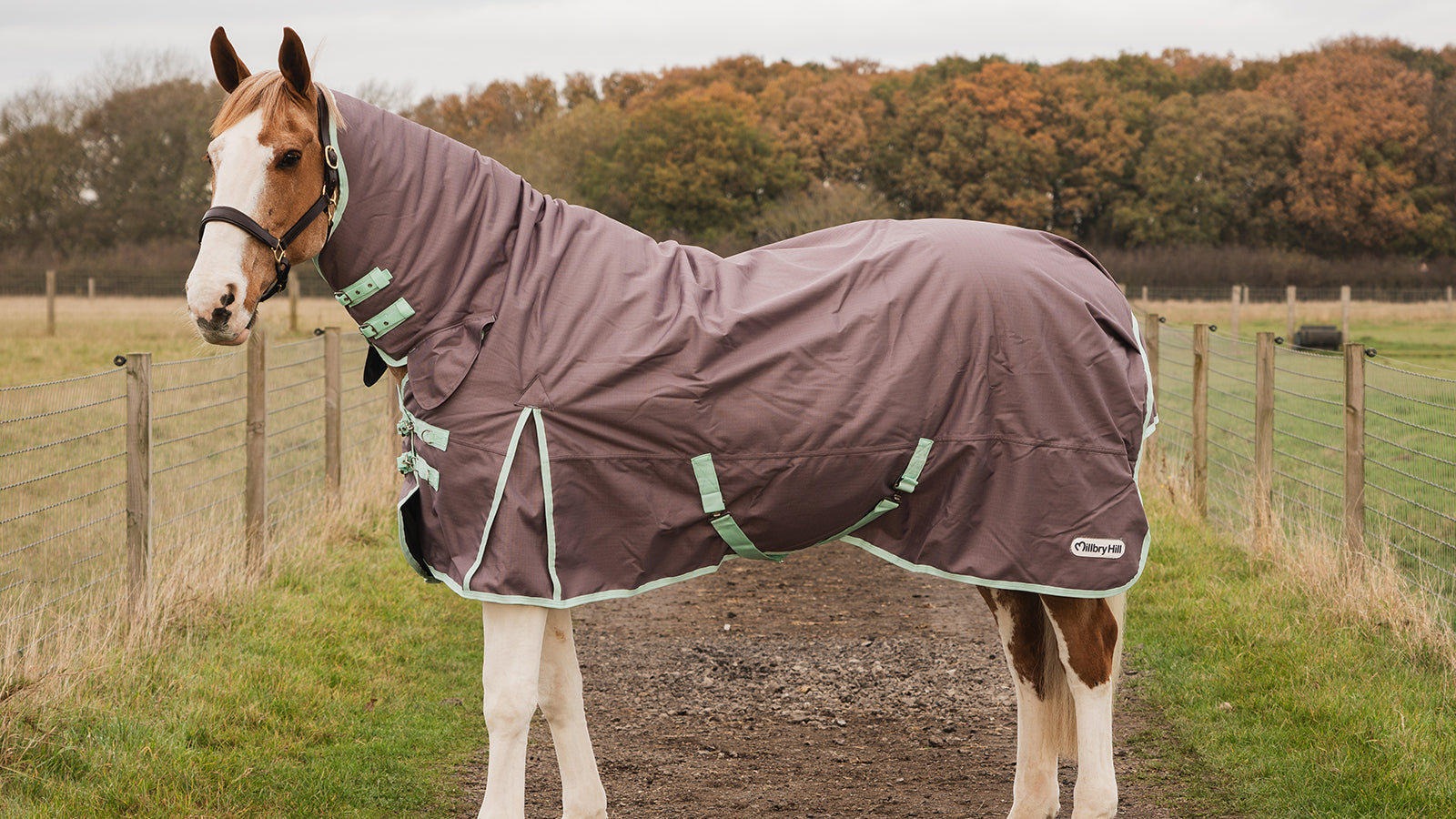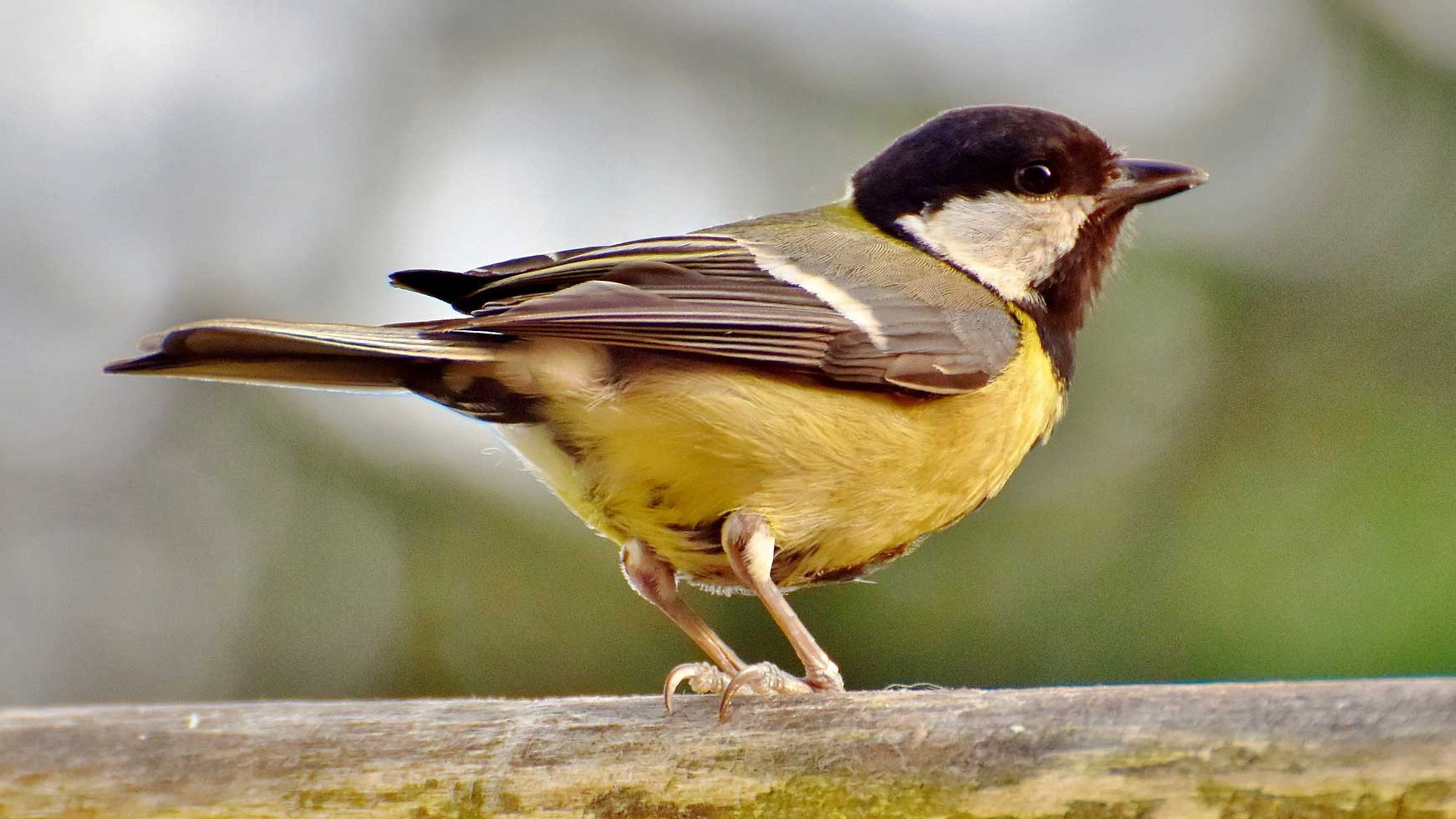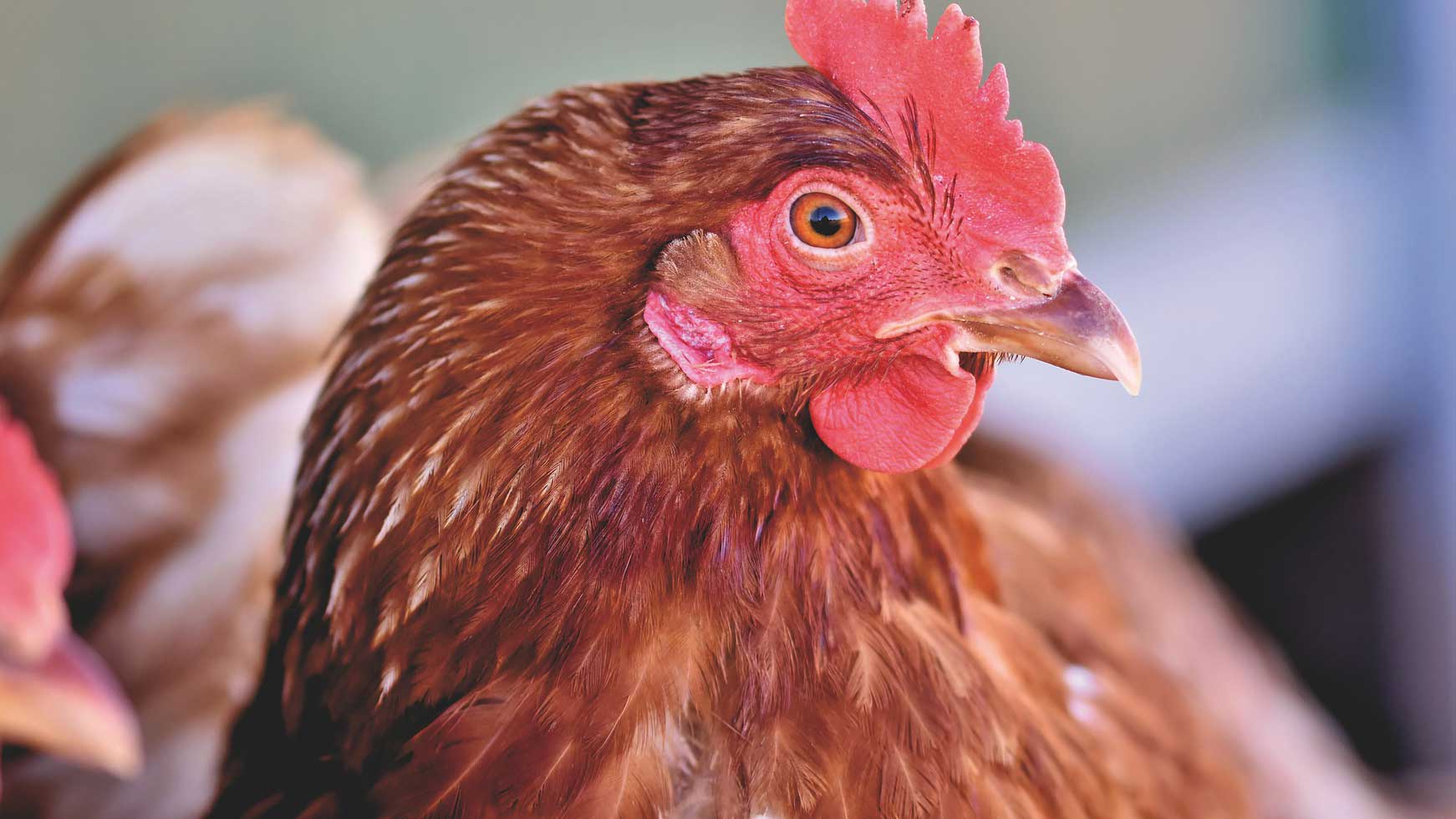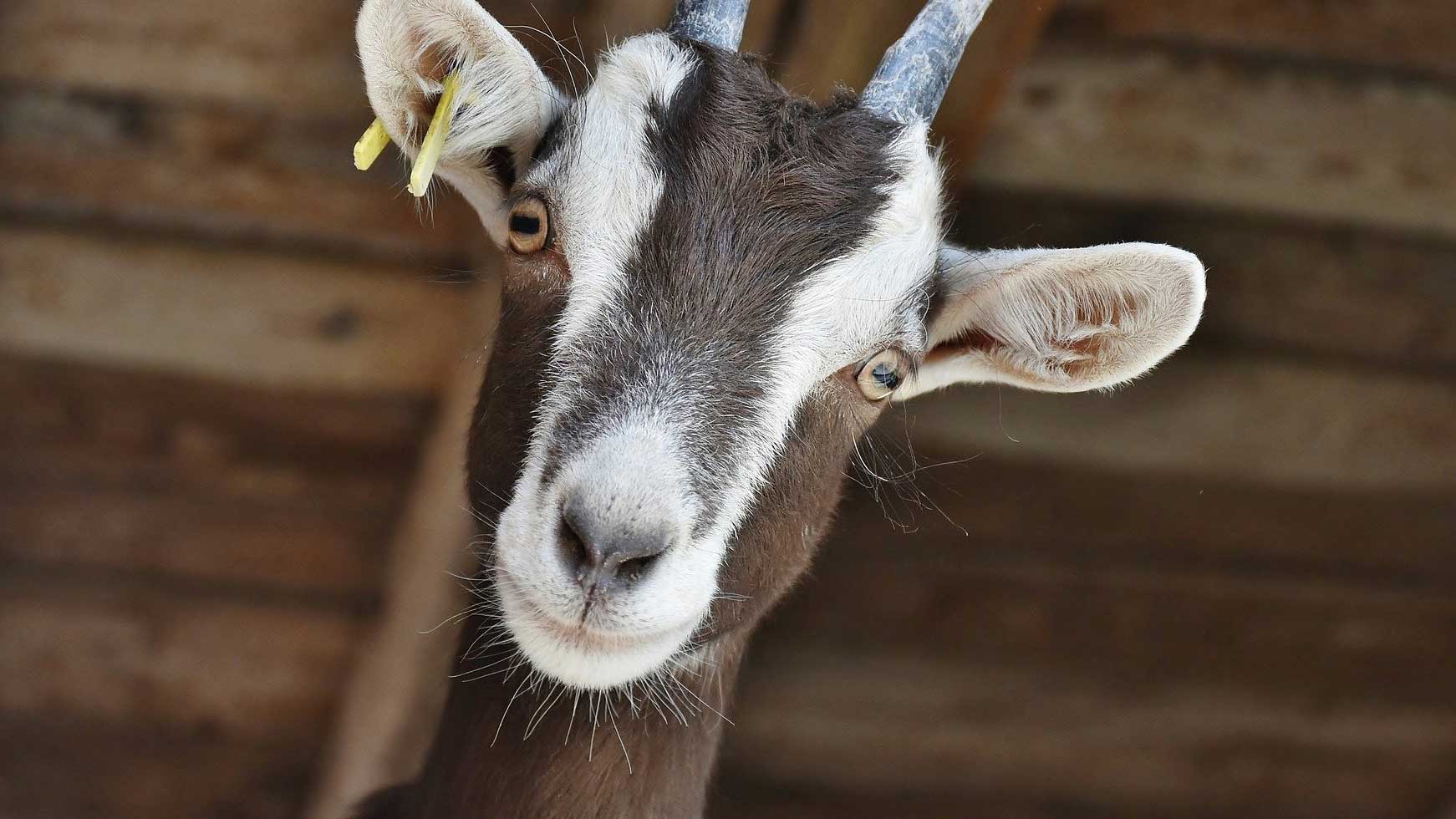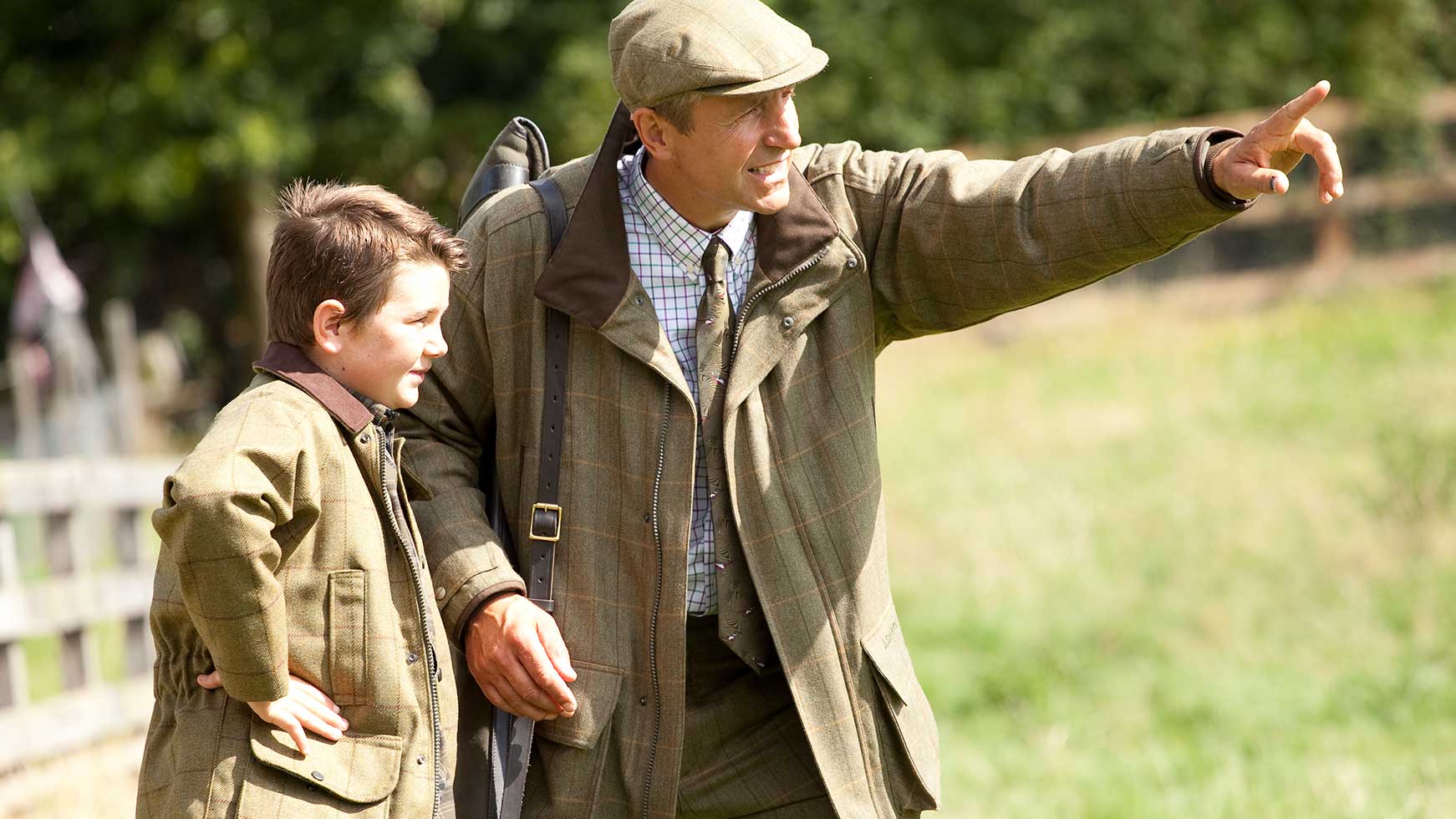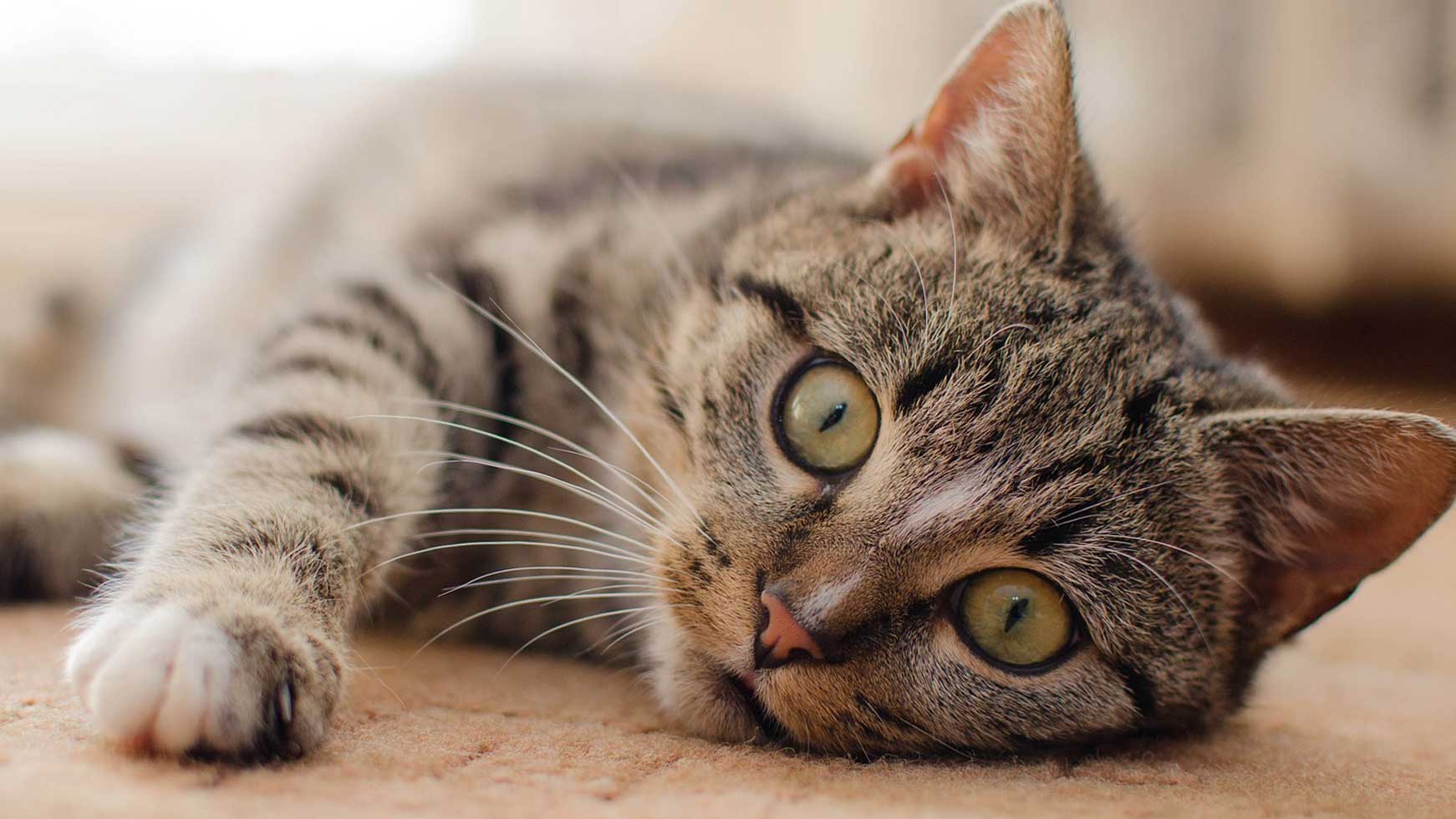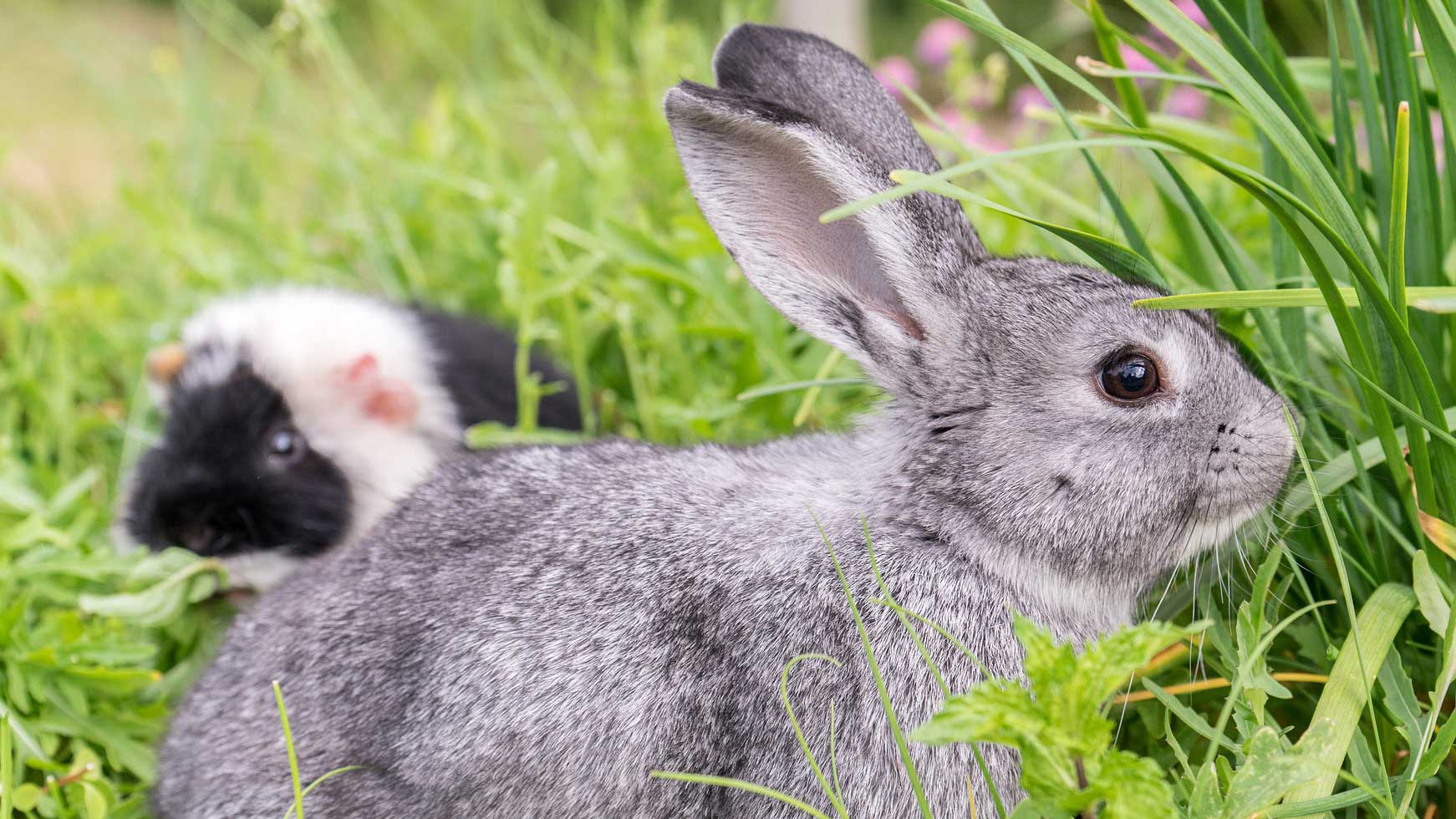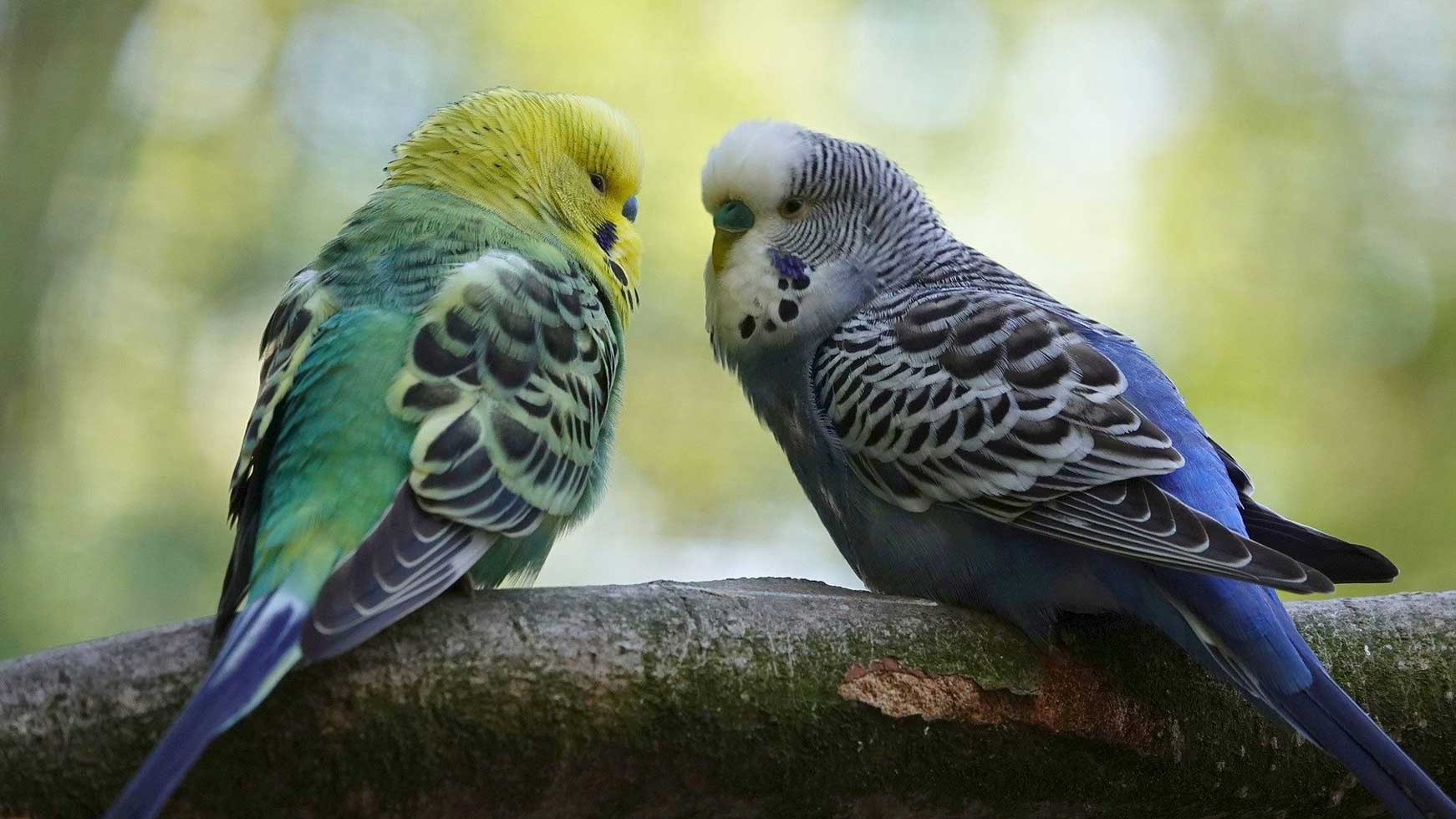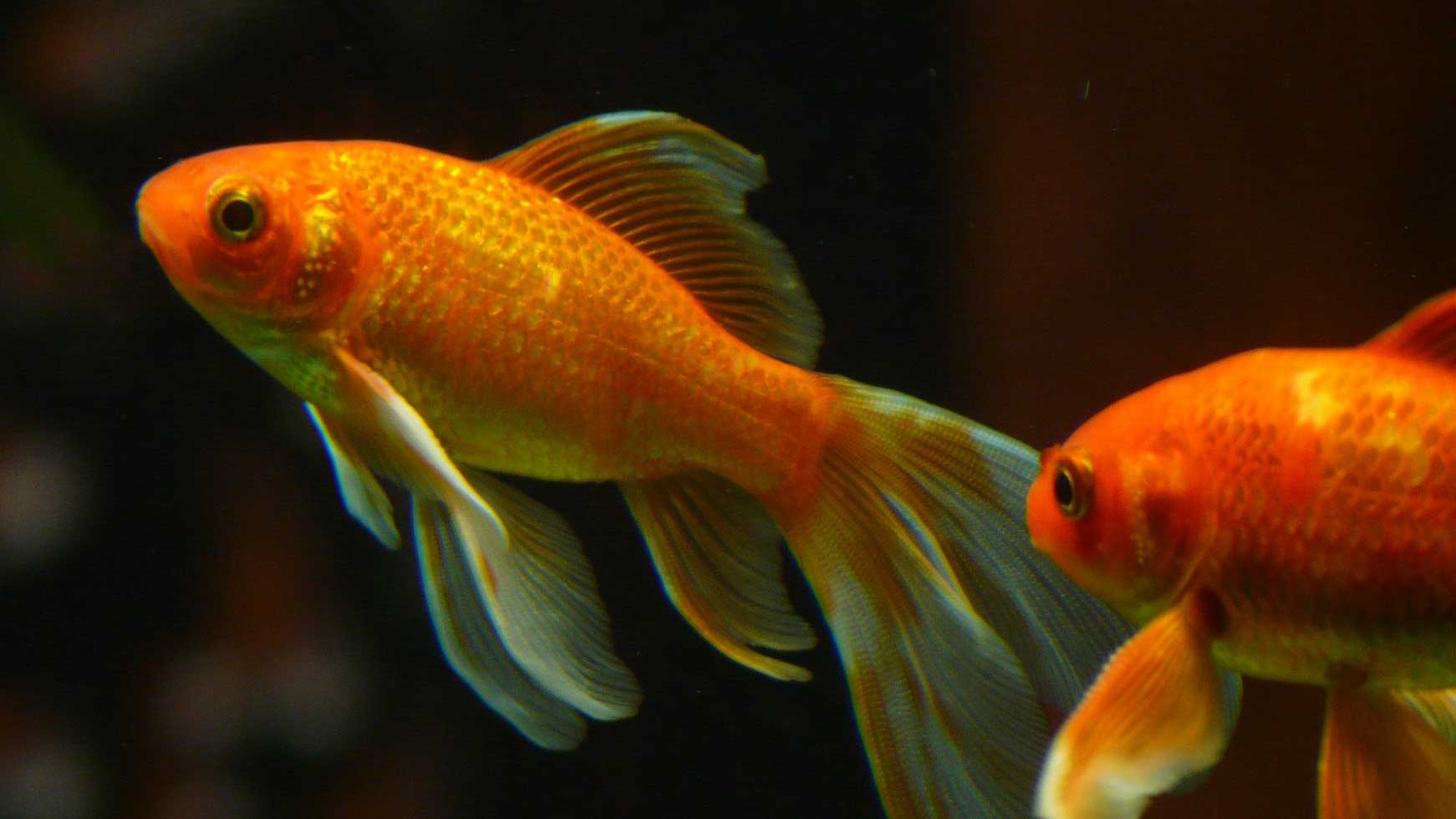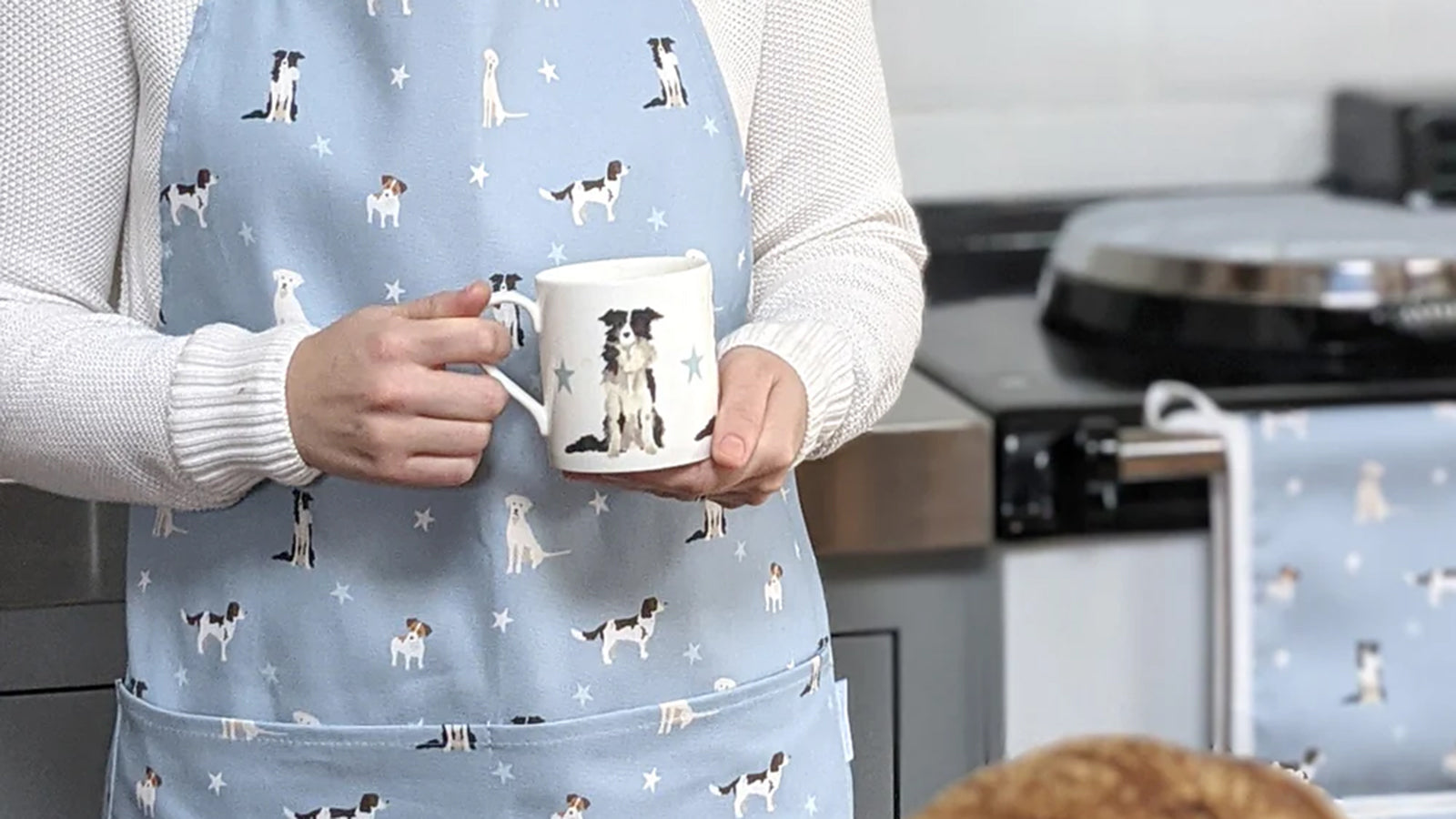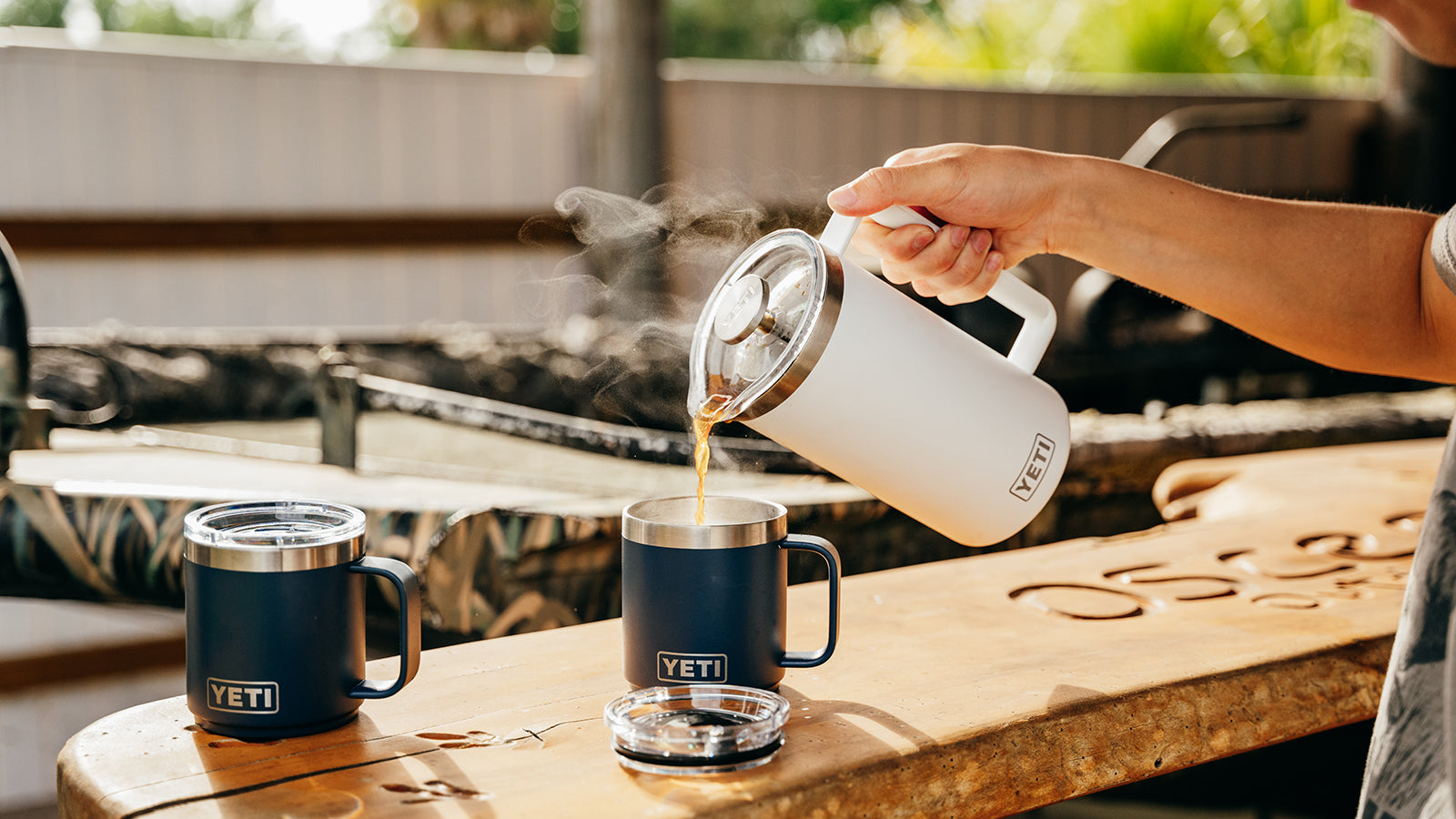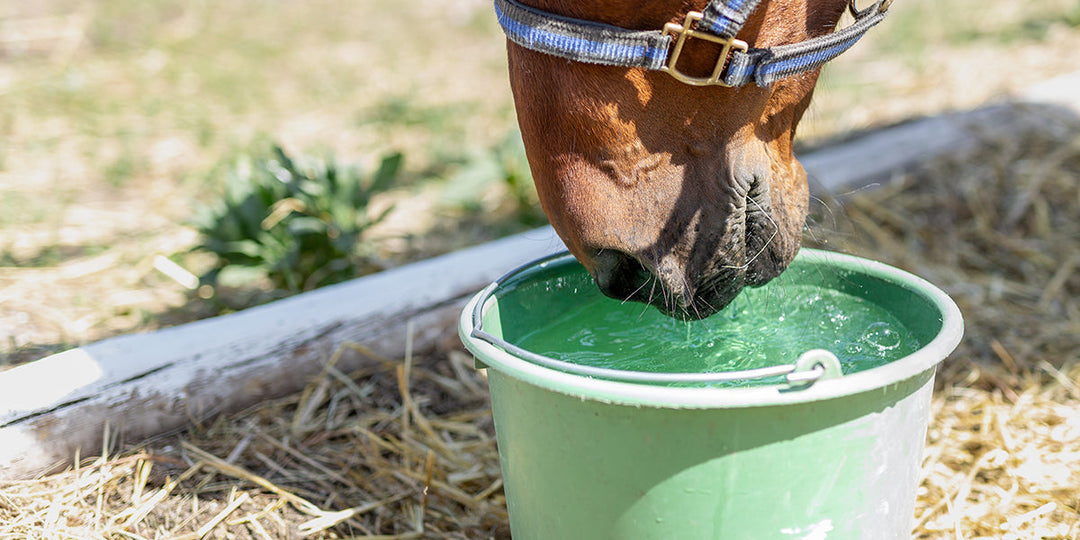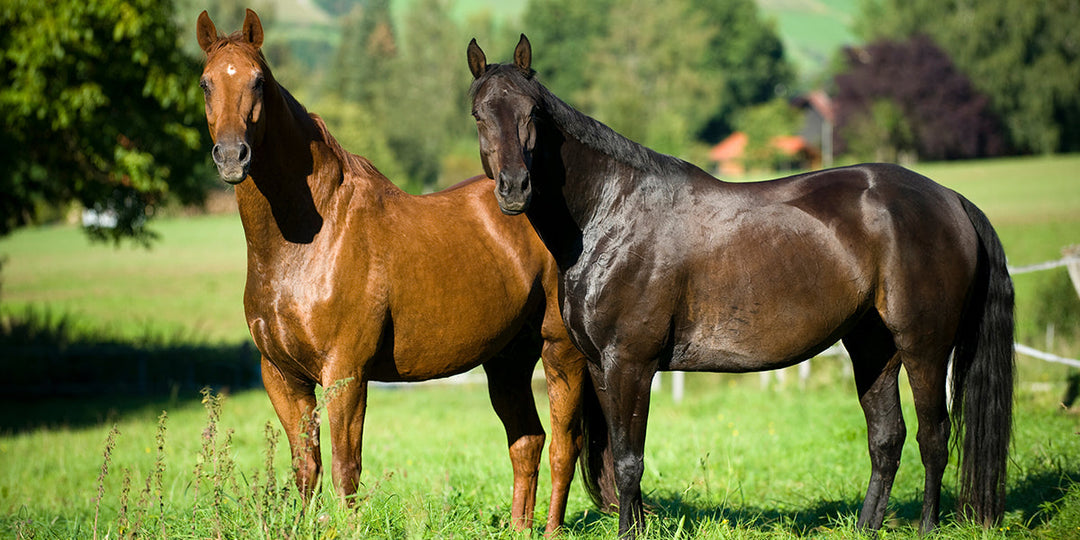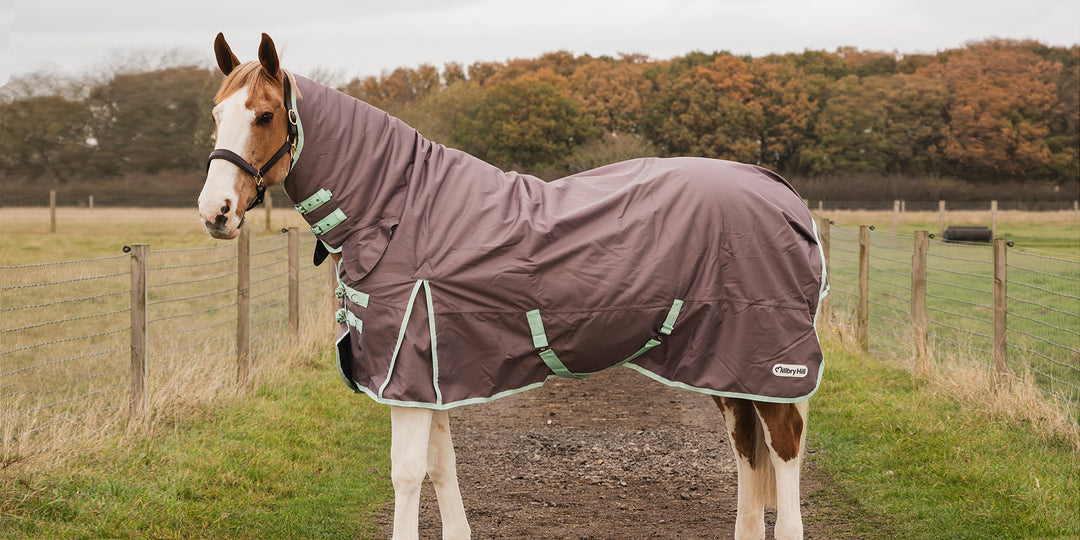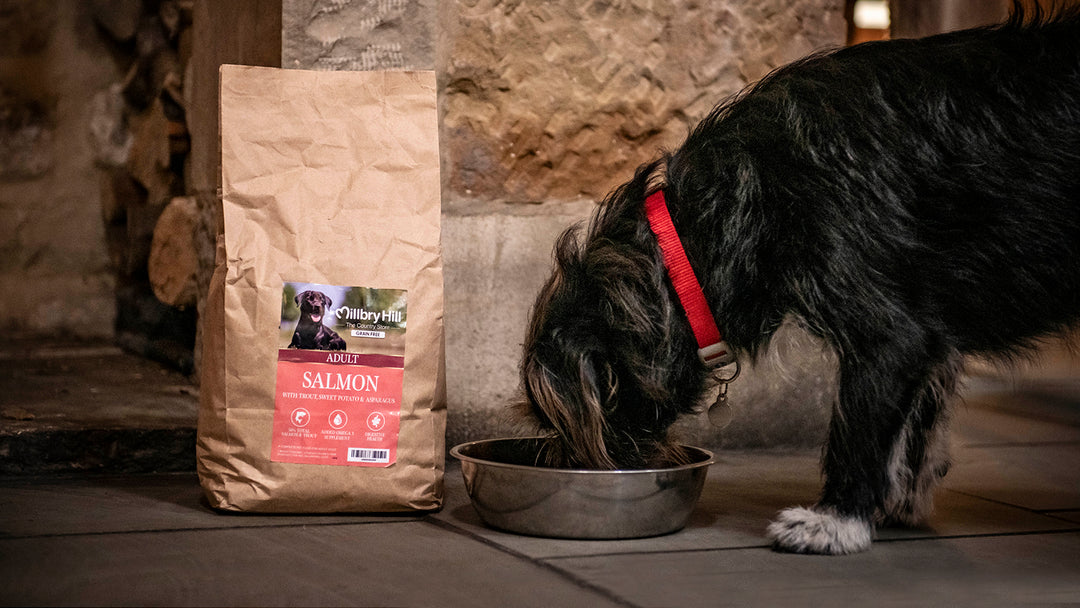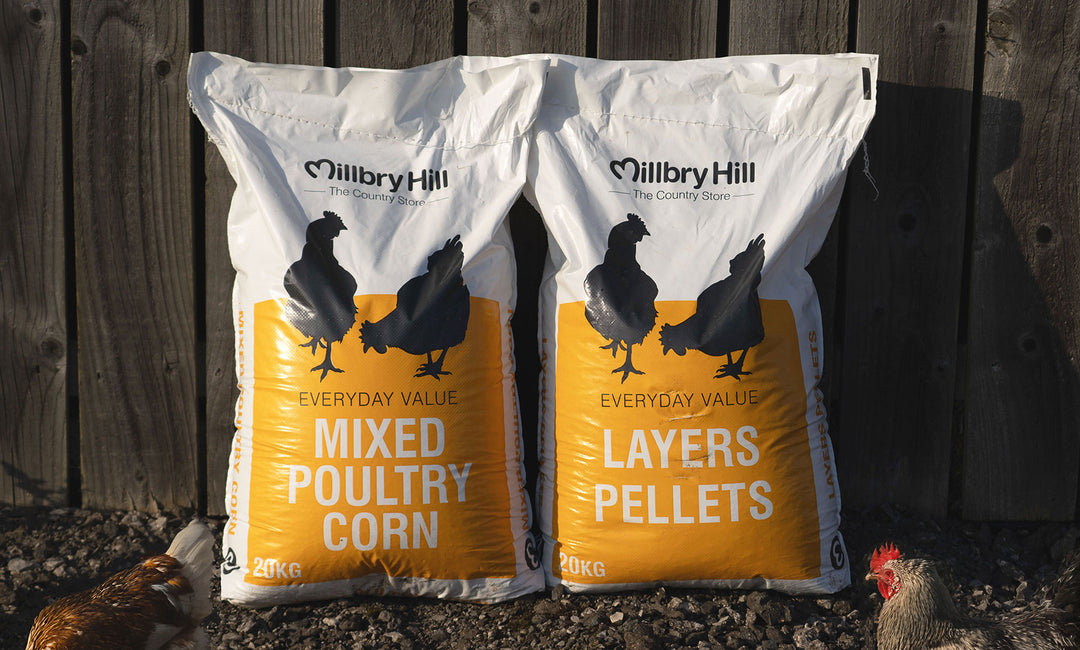Fibre, fibre, fibre! Managing weight and diet in the good-doer.

Many of us struggle to manage our horse’s weight, particularly those with good-doers or horses with limited work and exercise. Restricting food and forage may seem an obvious solution to this problem. However it can have significant health implications for the horse, as Rosamund Howling from Baileys Horse Feeds explains.
Although starving might seem like the quickest solution to losing weight, it is a false economy and, for horses, can have harmful consequences. Periods of fasting or starvation can disturb the horse’s natural metabolism and result in an accumulation of fat in the tissues, potentially increasing weight gain, and may lead to depression, fever and diarrhoea, in a condition known as hyperlipidaemia. It may also lead to conditions such as gastric ulcers and colic and exacerbate behavioural issues as a result of the stress associated with restricting feed.
Horses are designed to trickle feed with most of their diet being made up of fibre. Therefore, ensuring your horse or pony has an adequate fibre provision is essential to support a healthy digestive system. This doesn’t mean though that you can’t restrict forage, you can. As long as it is done sensibly, i.e. no long periods without access to forage. Forage intake is a good place to start when monitoring calories. This can be achieved through the quantity and quality of the forage and management routine.
A horse or pony should receive a minimum equivalent of 1.5kg per 100kg of their bodyweight in forage per day. Horses on grass will be able to obtain a proportion of this amount in this way but, if they are mostly stabled, or are turned out on a very bare paddock, this calculation will indicate the minimum amount of supplementary forage you will need to provide.
Supplemented forage should be low-grade (i.e. late cut, stalky hay) and can be soaked for 12 hours to remove as many calories as possible. Consider splitting the forage ration up using small-holed haynets, hay-balls, swinging haynets and double netting. As well as encouraging the horse to move around, which will help with weight loss, it will also take longer for them to consume. Strip grazing and grazing muzzles can help to limit forage intake for horses out at grass. For more tips and information on managing forage intake, please request your Baileys Equine Weight Loss Programme, available at any Millbry Hill store.





